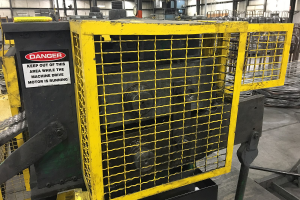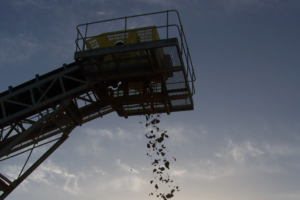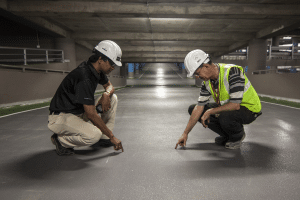Second-term advice: Bring OSHA regs into 21st Century
— Reprinted from our newsletter —
Dear President Obama,
Congratulations on your re-election victory. Now comes the hard part – another four years of governing.
You have discussed the importance of helping boost the economy by easing the regulatory burden on companies where appropriate. The first target that springs to mind when it comes to OSHA is the dramatic increase in enforcement by OSHA under your Administration.
I certainly have written extensively on this blog about the misguided thinking behind the enforcement ramp-up. But I think there is an even better first step – bring outdated regulations into the 21st Century.
Many of OSHA’s standards date from the early 1970s when the agency was founded. Read them today and they talk about equipment that is no longer used and procedures that are no longer relevant.
Your administration put all of its eggs in the basket of drastically increased enforcement. That clearly did not work. As I wrote in a recent newsletter article, the number of fatal injuries stayed relatively level during the current administration after a period of substantial decline in the final years of the Bush presidency.
Getting back on track
To resume the downward trend, update the OSHA regulations. Because many are outdated, they leave employers confused about what to do. That confusion leads to safety practices that are not in the best interests of workers. In my opinion, with an updated set of standards, employers would better know what to do, safety practices would improve, and injuries and fatalities would drop.
A couple of examples:
- Fall protection standards in general industry have not been revised for decades. As a result, they don’t even mention the use of safety harnesses and lanyards, common protective equipment that is used regularly in general industry. Nor do they address walking/working elevated surfaces that are not floors, platforms or runways, again something that is common in industry.
- Standards for overhead traveling cranes don’t take into account any technological advances since the 1960s, of which there have been many. When OSHA put overhead traveling crane regulations in place in the early ‘70s, they were based on standards adopted years before by ANSI/ASME. They haven’t been updated since.
More ancient standards
Among other general industry standards that are old, old, old:
- Exit routes
- Manlifts, powered platforms, and vehicle-mounted work platforms
- Ventilation
- Combustible liquids
- Powered industrial trucks (forklifts)
The list goes on and on.
No administration has wanted to tackle a comprehensive revision of standards, in part because the revision process involves many complex requirements.
The simplest approach would be to take the current ANSI and other consensus standards as a starting point and work through the process from there. That would at least give the revisions a bit of a head start.
A more far-reaching approach would be to adopt a model from some other nations. In that model, OSHA’s standards would take a 30,000 foot view and provide a framework that guides the adoption of more technical details that would be determined by voluntary, outside groups like ANSI.
Whichever approach you take, Mr. President, you would be helping America’s workers stay safe far better than the misguided enforcement crackdown of the last four years.
For more from Jim on OSHA, subscribe to this blog. Contact him at jstanley@fdrsafety.com or 513-377-5644.


